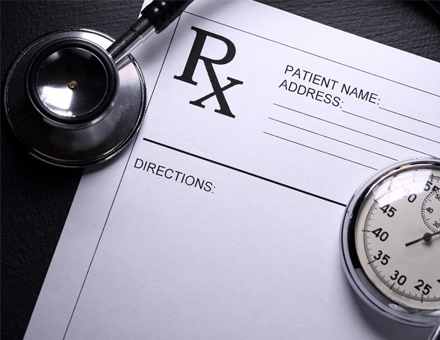If you’re applying for US permanent residency or an immigrant visa, congratulations — and you’re in the right place. Welcome to Monrovia Internal Medicine and Primary Care (MIMPC); we’re a leading health care facility for internal medicine and general health, founded and led by Dr. Ulin Sargeant, and we specialize in physical evaluations.
Before you attend your scheduled interview with the US Citizenship and Immigration Services (USCIS), you must take an immigration medical exam. Here, we explain the information you need to know about what’s involved.
Why take an immigration medical exam?
To put it simply, the USCIS needs to ensure all foreign nationals who enter the United States don’t pose a serious medical threat to the health and safety of the US population. Four main medical conditions may prevent you from passing the medical exam:
- An infectious disease that can be a serious public health risk
- Failure to show vaccination record
- Physical or mental disorder associated with harmful behavior
- Substance abuse or drug addiction
Your immigration medical exam, your medical report, and your vaccination record are used to determine if you meet the health standards set by the US government.
How to prepare for the immigration medical exam and where to get it
You may only take your immigrant medical exam with a physician approved by the USCIS. You need to bring the appropriate documents to your immigration medical exam. These include:
- Government-issued photo ID
- Medical insurance card
- Vaccination record
- Any previous chest X-rays
- Form I-693, Report of Medical Examination and Vaccination Record
- Payment
If you’re in the greater Los Angeles area, you can book your appointment here at Monrovia Internal Medicine and Primary Care. If you’re taking the medical exam outside the US, please contact your nearest US embassy or consulate, and they can assist you.
What to expect during the immigration medical exam
Your doctor begins the exam by reviewing your vaccination and medical history. You must have all of the vaccinations required by the Immigration and Nationality Act and the Centers for Disease Control and Prevention. New vaccinations may be added, so make sure you’re up to date with the latest changes. If you’re missing any vaccines, your doctor can administer them during your exam.
Your doctor then performs a physical exam — checking your eyes, nose, throat, ears, heart, lungs, abdomen, external genitalia, lymph nodes, and skin. Your doctor also orders a blood and urine test. The physical is useful in finding any ailments or infectious diseases that fall below public health standards.
The last portion of the exam focuses on your mental state. This evaluation mainly examines your cognitive skills, comprehension, judgment, mood, and behavior. Your doctor looks for any signs of a mental or physical disorder that may lead to harmful behavior.
After the immigration medical exam
If you’re taking the medical exam in the US, your doctor documents the results of your medical examination on your Form I-693 and gives the form to you in a sealed envelope. You take this envelope with you to your green card interview. Do not open the envelope under any circumstances before your interview.
If you have more questions or any concerns about the immigration medical exam, please feel free to contact us. You can book your appointment online, and we’re happy to give you the specialized attention you need.


